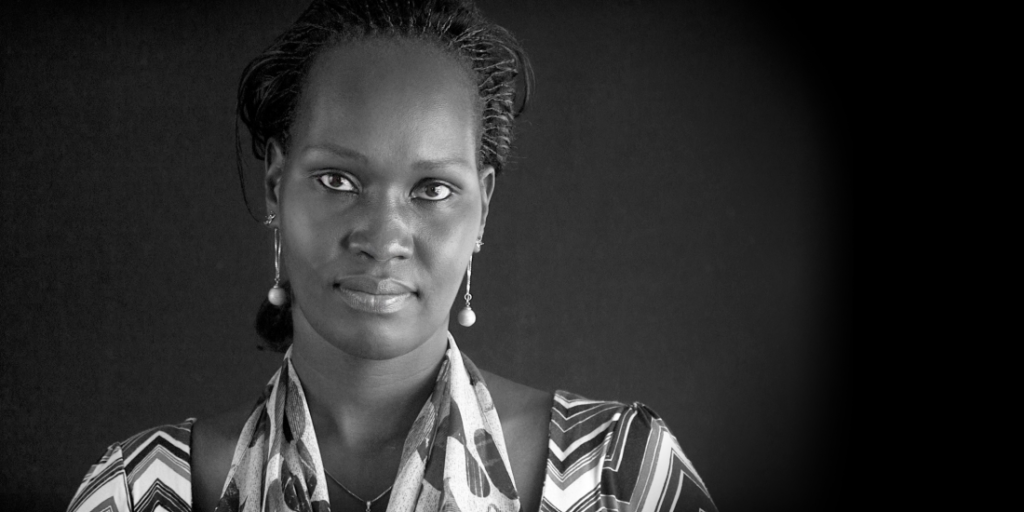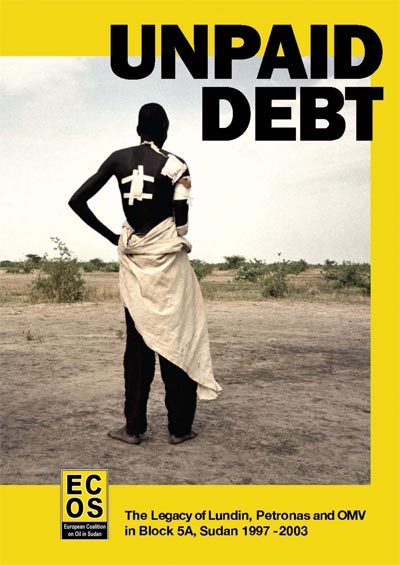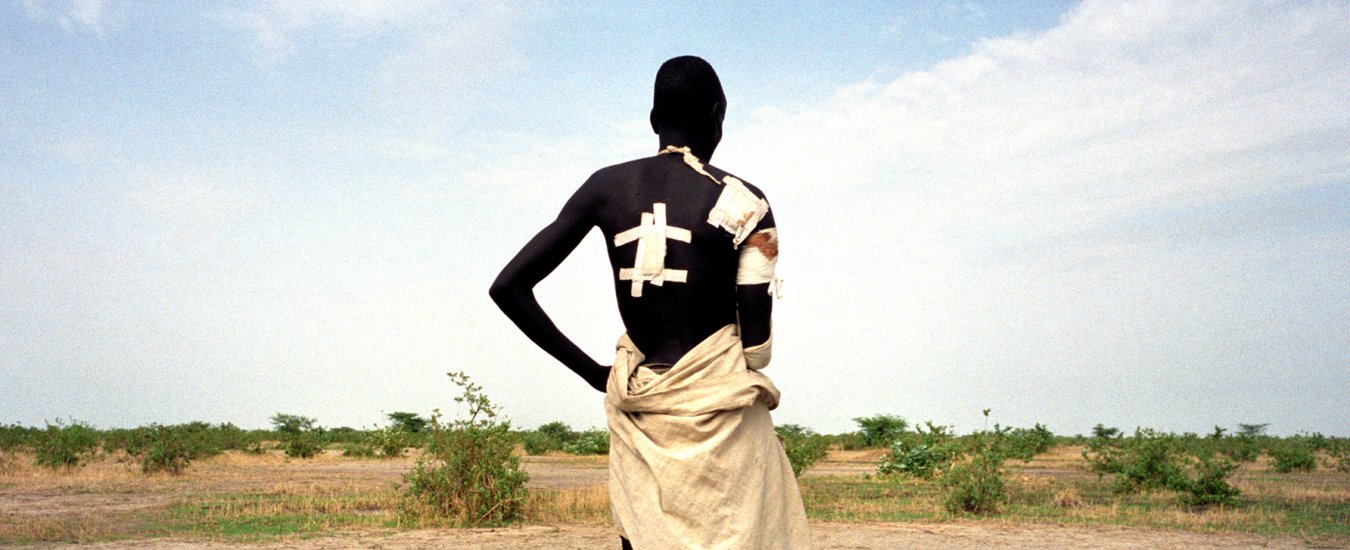All victims of human rights violations have a right to remedy and reparation to enable them to rebuild their lives and those of their children. This is the story about the tens of thousands of people in South Sudan who lived through the horrors of the oil war and have been denied this right.
Introduction
In 2010, in response to the report Unpaid Debt, the Swedish public prosecutor for international crimes opened an investigation into links between reported war crimes and Sweden. The suspects are Lundin Energy’s Chairman Ian H. Lundin and its CEO Alex Schneiter, while Lundin Energy itself may be facing a hefty penalty. The Prosecutor is currently preparing the indictment. Charges against Lundin Energy would also call the role of the role of the oil companies Petronas and OMV into question. Unpaid Debt was written by PAX for the European Coalition on Oil in Sudan (ECOS).
This dossier offers publicly available official documents about to the case, expert legal analyses, comments, and a searchable database with background data, all in English. We will also offer regular coverage of the war crimes trial.
The importance of court proceedings would be threefold. Foremost, it will give victims access to justice and hopefully an opportunity to seek redress. It would also be the first time that anybody is held accountable for alleged contributions to any of the unspeakable horrors of Sudan’s civil wars. And finally, it is very rare occasion that a multi-billion dollar company stands accused of complicity in international crimes and the legal precedents that it will set may have global significance.
PAX has been working on the Lundin case for over a decade. We believe that justice for the victims of the civil wars in Sudan and South Sudan is a prerequisite for peace and reconciliation. For justice to be done, it is crucial that all perpetrators and their accomplices are held to account and that those who have benefitted from crimes do not escape their duty to contribute to the victims’ right to remedy and reparation.

We claim our right to remedy and reparation from Lundin Petroleum and its shareholders.
Unpaid Debt – the report

Unpaid Debt
The Legacy of Lundin, Petronas and OMV in Sudan, 1997-2003
Voices of the Victims
- ‘We are trying to claim for compensation but no one is responding’
- ‘I have the rights I believe’
- ‘We cannot go back, a company is there’
- ‘We as a community are crying and nobody is hearing us’
Publications
Statements
- Statement South Sudan Council of Churches regarding the decision by the Swedish prosecution authority. (18 November 2021)




